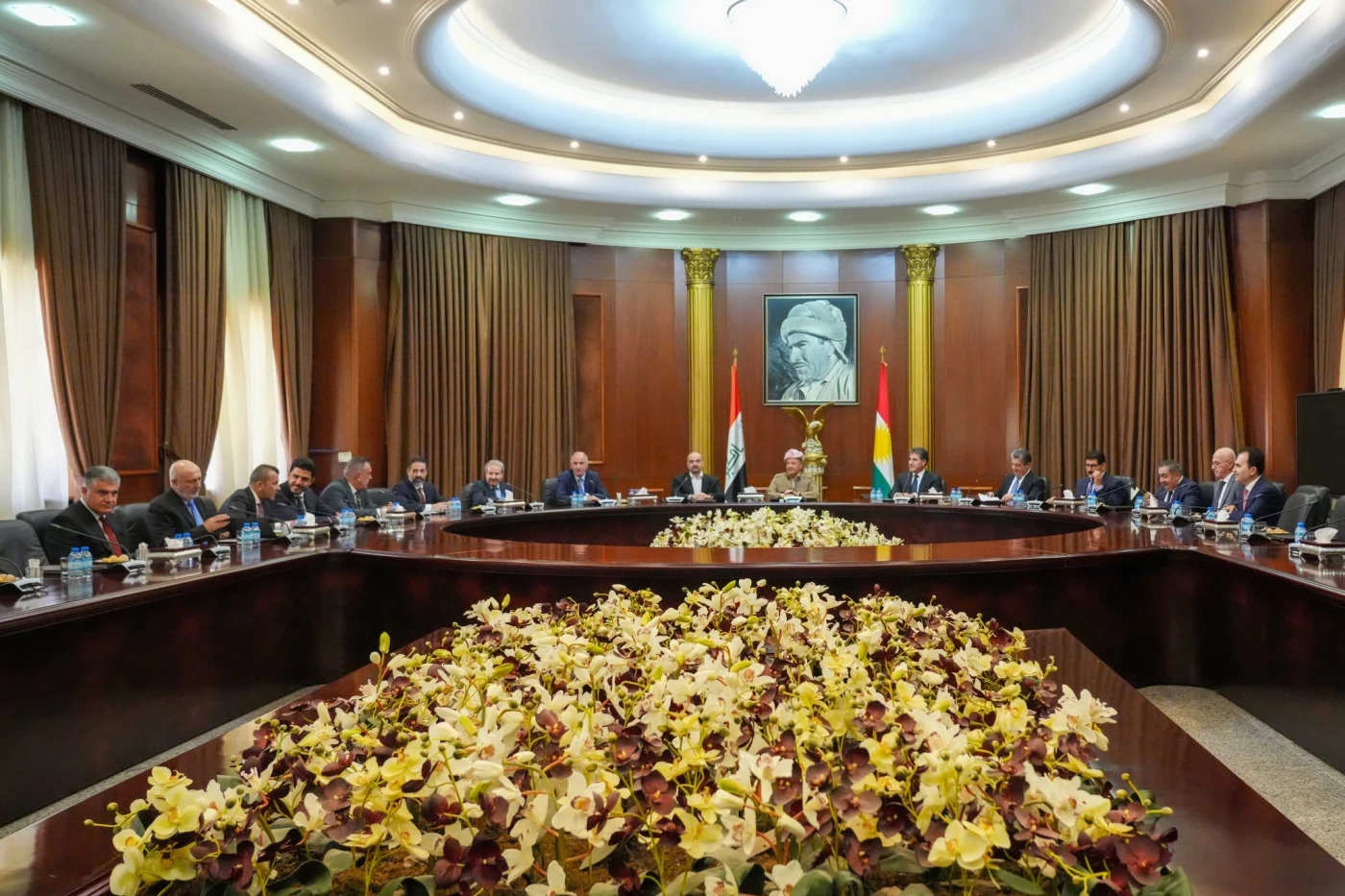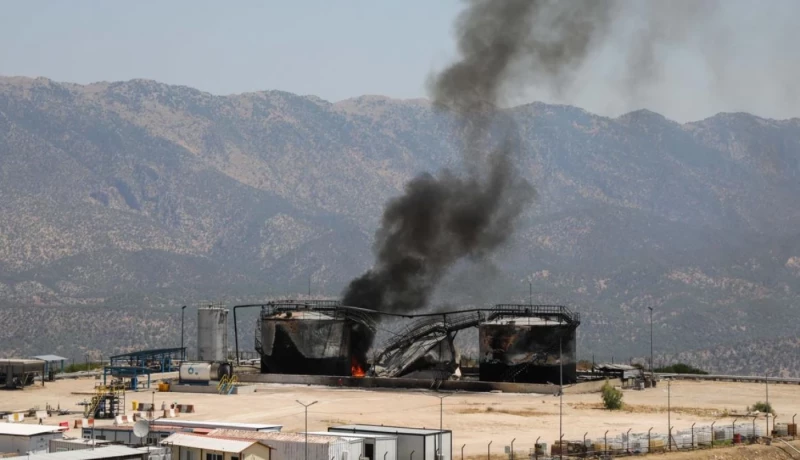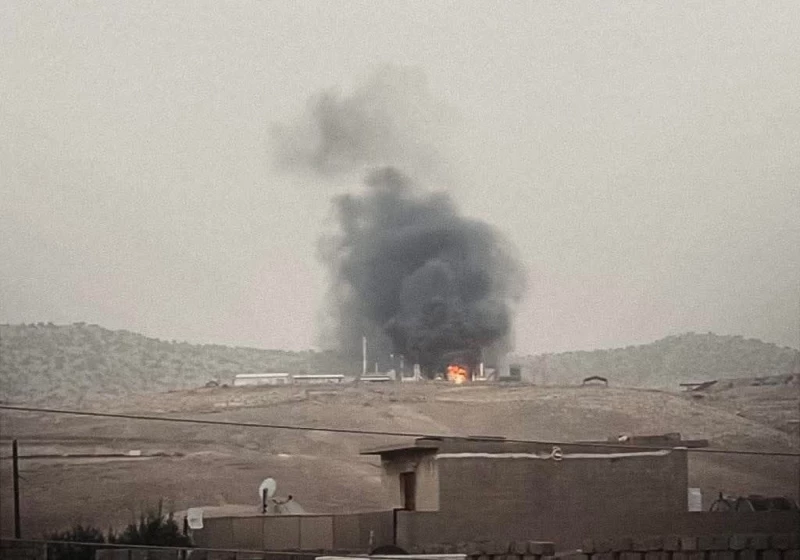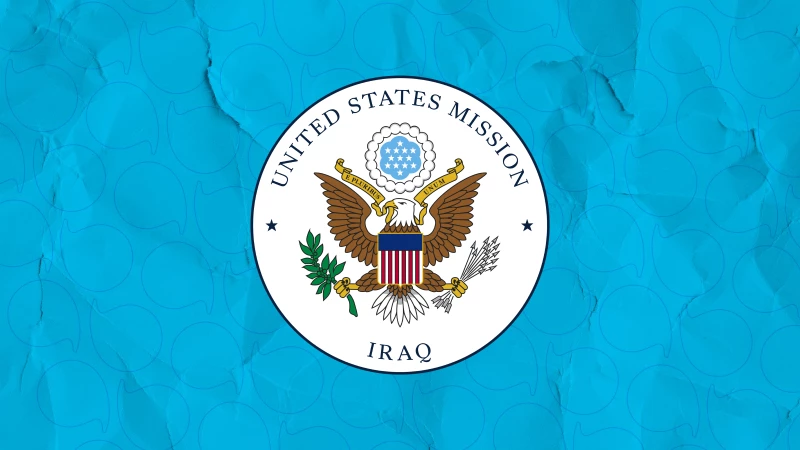ERBIL, Kurdistan Region - Up until Monday night, civil servants of the Kurdistan Region were frozen in suspense: an agreement had been reached between Erbil and Baghdad since Wednesday but they were yet to get confirmation that their long-due May salaries would be paid, until a strong worded message, coming from a united Kurdish front, was delivered to the Iraqi government.
In the late hours of Monday night, Iraqi Prime Minister Mohammed Shia’ al-Sudani decided that May salaries of the Kurdistan Region’s civil servants and pensioners would be sent by Baghdad, reversing his government’s days-long insistence that the payment was contingent on the Region’s oil being exported through Baghdad.
In essence, it was rather impossible for the Kurdistan Regional Government (KRG) to meet Baghdad’s demand. The federal government was insisting that salaries would only be sent once 230,000 barrels of oil from the Kurdistan Region were exported, failing to take into account that the Region has been unable to maintain its normal production capacity due to a recent string of attacks on its oil infrastructure which have significantly lowered output.
A series of drone strikes targeted oil facilities across the Kurdistan Region on an almost-daily basis earlier this month, coming amid negotiations between Erbil and Baghdad to resume Kurdish oil exports, which have been halted since March 2023.
The Association of the Petroleum Industry of Kurdistan (APIKUR) on Wednesday said that most of its member companies, “including those not targeted,” had suspended production in light of the attacks. The New Region understands that the Kurdistan Region currently has the capacity to produce around 81,000 barrels of oil per day.
According to a well-informed source, Sudani has recently asked Iraqi Oil Minister Hayyan Abdul-Ghani about how long it would take for the Kurdistan Region to go back to its original production capacity of 280,000 barrels per day, to which the minister has responded that it would need around a month. If Baghdad had stuck to its original demands, it would have meant that the Region’s civil servants, already unpaid for over 80 days, would go another month without receiving salaries.
The possibility of a further delay in disbursing the salaries was averted, thanks to a strict message from Kurdish leadership.
A well-informed source told The New Region on Tuesday that both the Kurdistan Democratic Party (KDP) and the Patriotic Union of Kurdistan (PUK) came together in a united stance and delivered their ultimatum to Baghdad.
“The message was delivered to Baghdad through the Kurdish ministers” in the federal government, and included an ultimatum from the largest Kurdish parties, “one that even included the possibility of an immediate withdrawal from the Iraqi political process if salaries were not financed immediately,” according to the source.
Foreign diplomats in the country, especially the US, had already been made aware of such ultimatum by the Kurdish leaders, the source said, adding that Washington was swift to get on the line and push Sudani’s government to put an end to the Erbil-Baghdad issues, deeming it a direct threat to Iraq’s stability.
The US had already been vocal about the long-standing disputes between Erbil and Baghdad.
“We have consistently encouraged Baghdad and Erbil to resolve their issues regarding salaries and the reopening of the ITP [Iraq-Turkey Pipeline],” read a statement attributed to a State Department spokesperson sent to The New Region on Monday.
Over the past week, US diplomats have met with the Kurdish leadership, from both the KDP and the PUK, during which the Kurdish parties have delivered a unified message, per official statements followed by The New Region.
The Kurdistan Region’s finance ministry on Tuesday announced that it had deposited a total of 120 billion Iraqi dinars of non-oil revenues “in cash" in the Iraqi finance ministry’s bank account at the Erbil branch of the Central Bank of Iraq.
“The Kurdistan Regional Government handed over 120 billion dinars in non-oil revenues to Baghdad. Thus, Sudani agreed to send May salaries,” an Iraqi government official confirmed to The New Region.
Shortly after, the Iraqi finance ministry announced that it has begun disbursing the May salaries of Kurdistan Region's civil servants.
The official stated that Erbil will begin exporting the available quantity of oil through Iraq’s State Organization for Marketing of Oil (SOMO), which currently stands at 80,000 barrels of oil per day, due to significant damage the oil fields have sustained because of the frequent drone attacks.
Despite the reports, salaries were not disbursed on Tuesday, with sources now floating the possibility the payment process would begin during working hours on Wednesday.
Kurdish leaders are on the same page at the moment on how to engage with Baghdad, as demonstrated by the KDP and the PUK’s agreement to send the latter’s leader Bafel Talabani to Baghdad for the latest round of talks, as well as the latest remarks by the Kurdistan Region Prime Minister Masrour Barzani.
“Our understanding to hand over revenues [to Baghdad] is based on the constitution. The constitution stipulates that the Region should hand over 50 percent of revenues to Baghdad,” Barzani said on Sunday.


 Facebook
Facebook
 LinkedIn
LinkedIn
 Telegram
Telegram
 X
X



